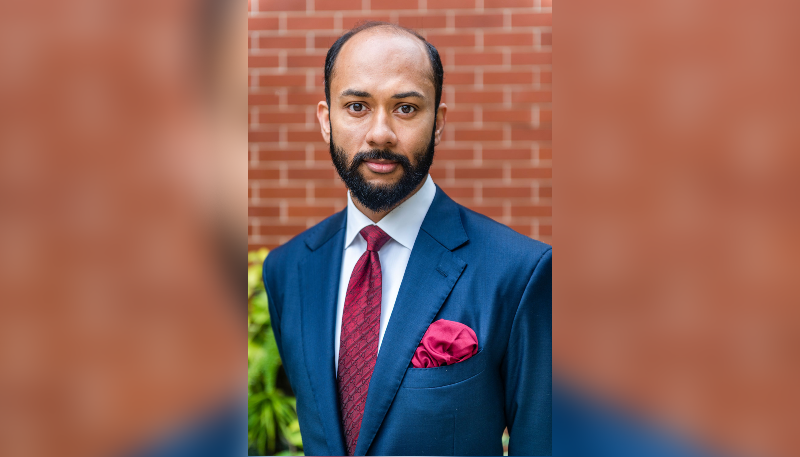
Eminent economists have suggested lifting the interest rate cap on lending for effective monetary policy for the new financial year 2022-23 likely to be announced on June 30.
As the country has been facing unprecedented challenges due to soaring inflation, wild currency swings and flood, major changes are required in the new Monetary Policy Statement (MPS), they said.

“If the central bank fails to manage the new monetary policy, it will be just nothing but routine work,” said Zahid Hussain, former lead economist of the World Bank, Dhaka office.
The monetary policy will not bring any positive effect to the country’s economy unless the interest rate cap on the lending rate is not lifted, he said.
The BB as per the government’s instruction had brought down the highest lending rate at 9 per cent, which became effective on April 1, 2020.
“Just setting a target is not enough in the monetary policy. The central bank needs to come out of the illogical intervention on the interest rate and exchange rate,” said Hussain.
Exchange rate management is very important for the forex market, he said, adding that this is also important to how we are managing the exchange rate.
“The private sector credit growth will not increase if the interest rate cap is not lifted as the lenders would prefer lending the government rather than the private sector,” he explained.
The private sector credit growth rose to 12.48 per cent year-on-year in April from 11.29 per cent in the previous month, which is much lower than the target of 14.8% set by the Bangladesh Bank for the current fiscal year to be ended on June 30.
The banking sector is facing liquidity shortages due to growing import payments. To tackle inflationary pressure and restore stability in the foreign exchange market, the central bank on May 29 raised the repo rate by 25 basis points to 5 per cent, the first hike since January 5, 2012.

“This time, the new monetary policy will face big challenges,” Policy Research Institute Executive Director Ahsan H Mansur told The Business Post.
Echoing Hussain, he said the monetary policy becomes almost ineffective now due to the interest rate cap on lending.
“If the central bank wants to tackle the current challenges, the interest rate cap should be lifted,” he added.
Former Bangladesh Bank governor Salehuddin Ahmed said that the government targeted to borrow more than Tk 1 lakh crore from the banking sector, which may dent the private sector credit growth.
The monetary policy statement should focus on the supply of money to the productive sector, he said.
“Easy access to SME loans should be ensured in the new monetary policy,” he said.

Dhaka Chamber of Commerce & Industry (DCCI) President Rizwan Rahman said the expansionary and accommodative monetary policy should continue to help support the economic recovery from the Covid-19 impact while keeping overall inflation under control.
Advance to Reserve Ratio (ADR) and Repo Rate should be flexible taking the investment and money supply into account, he said.
“The terms and conditions for new SMEs, especially pandemic survivors, need to be relaxed to enhance credit flow,” said the DCCI president.
Ahead of the new MPS announcement, the Bangladesh Bank is also seeking opinions from internal and external stakeholders to formulate a proper monetary policy.

Former BB governor Salehuddin Ahmed — File Photo
Bangladesh Bank Chief Economist told The Business Post, “We’re preparing the monetary policy cautiously in the face of a challenging time mainly caused by the Russia-Ukraine war.”
He said attaining the GDP growth target set by the government and taming the soaring inflation will be the main focus of the new monetary policy.
In the upcoming financial year, the government has targeted to achieve a 7.5 per cent GDP growth while keeping the average inflation rate at 5.6 per cent.
In May, the country’s overall inflation hit 7.42 per cent—the highest in eight years.